Pursuing Inclusive Histories
James Baldwin once said, “History, as nearly no one seems to know, is not merely something to be read. And it does not refer merely, or even principally, to the past. On the contrary,” he continued, “the great force of history comes from the fact that we carry it within us, are unconsciously controlled by it in many ways, and history is literally present in all that we do. It could scarcely be otherwise since it is to history that we owe our frames of reference, our identities, and our aspirations.” In other words, if we desire a more beautiful, just future, we must contend with our past which indeed is ever-present. The UNA Department of History is committed to doing that, both in teaching, research, and public history.
Every other year, Dr. Quiros teaches a year-long survey of African American history. The courses center on black voices--Frederick Douglass, W.E.B. DuBois, Zora Neale Hurston, Fannie Lou Hamer, Ta-Nehisi Coates, and many others. Through readings, films, lectures, and discussions students grapple with the realities of racial oppression in American life as well as the resilience and resistance demonstrated by black Americans in the long freedom struggle.
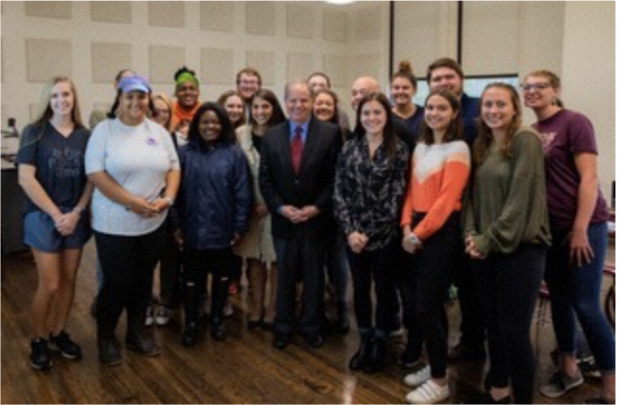

- Written By:
- Dr. Ansley Quiros (History)
- Dr. Brian Dempsey (History)
- Dr. Julia Bernier (History)
- Sponsored by:
- Mitchell-West Center for Social Inclusion
Dr. Bernier, whose work focuses on slavery and abolition in the United States, is currently putting her research into the context of the Shoals to ensure that we have a more accurate vision of what enslavement was like in the region. Professor Bernier is beginning research with Brian Murphy, Curator of Florence Arts and Museums and a UNA Public History Masters Program graduate, on a project called the Enslaved of Lauderdale County Research Project. The project will concentrate on who was enslaved here and how they experienced slavery in the city of Florence and the wider county and will give students opportunities to learn how to do research on slavery in a local setting. This semester, Dr. Bernier’s Abolition and Emancipation course is also working on research into emancipation in the area. Their work will be incorporated into future public history exhibits in Florence.
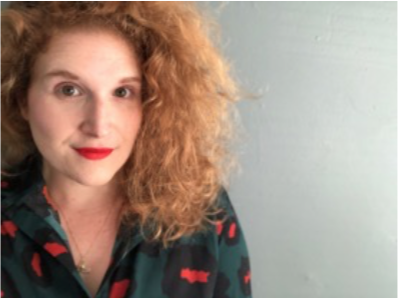
Several study abroad trips have also focused on the study of black history. In 2017, Dr. George Makowski and Dr. Quiros led a trip to Germantown, TN where students engaged in public history projects with the community of the historic New Bethel Church. They also visited the Memphis Civil Rights Museum, a meaningful experience.
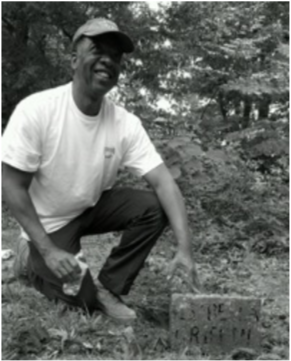
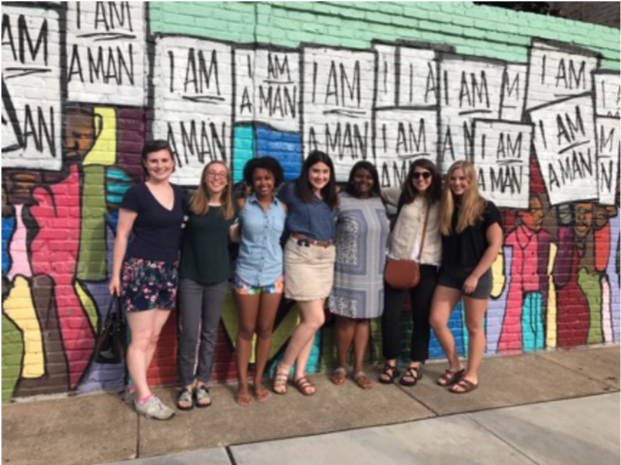
In 2019, Dr. Ansley Quiros taught Black Diaspora in the Caribbean as part of a Study Away with Dr. Mario Mighty (Geography). Students focused on Jamaican history and the unique history of the black diaspora in the West Indies.
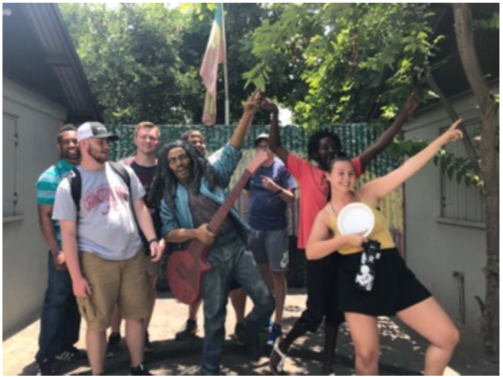
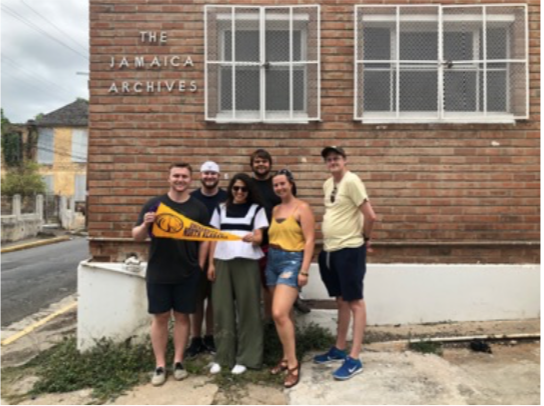
Presenting inclusive histories to diverse audiences using scholarly and creative methodologies is a key focus for our Public History program at UNA. During the Fall 2018 semester, Dr. Brian Dempsey challenged his Introduction to Public History graduate class to research and develop an exhibit interpreting the life and career of Dr. Wendell Wilkie Gunn; the first African American student to integrate UNA in 1963. We were very fortunate to collaborate with Professor Chiong-Yiao Chen's Art Professional Practices class on design, story, and production elements, while also working directly with Dr. Gunn throughout the project. Exhibit themes focused on Dr. Gunn's early life, career path, and campus legacy, while his important and dynamic role in the larger Civil Rights narrative in the Shoals served as a powerful through-line.
Our collaborative project team decided to use large-format images, narrative text, and graphic design elements to generate an understanding of how Dr. Gunn's story Oits within the fabric of UNA history and future direction. Public History graduate students and undergraduate art students leveraged their unique skill sets while working across disciplines to learn new perspectives. Archival research and many hours of oral history interviews with Dr. Gunn provided historical content, but students quickly realized that transferring these elements to a public setting required constant revision and holistic thinking. Ultimately, the team had the benefit of partnering with the Collier Library to secure an entire wall space for the final exhibit titled, "The Story of Wendell Wilkie Gunn." The large scale creates an immersive environment, as students find themselves drawn close to the story. A kind and humble man, with an extraordinary history, Dr. Gunn continues to reflect upon his own legacy. He was initially reticent about a public project dedicated to interpreting part of his life, as is often the case when people are confronted with the weight of their important contributions. But a line from the exhibit quoting what a student mentioned to him a couple years ago reinforces the impact of his decision to de-segregate a southern University: "You don't know whose hero you are."
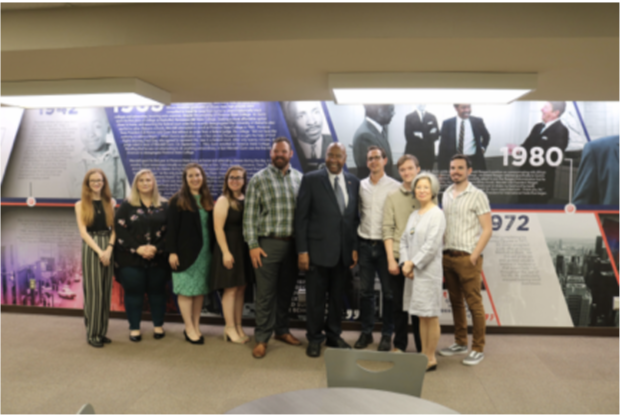
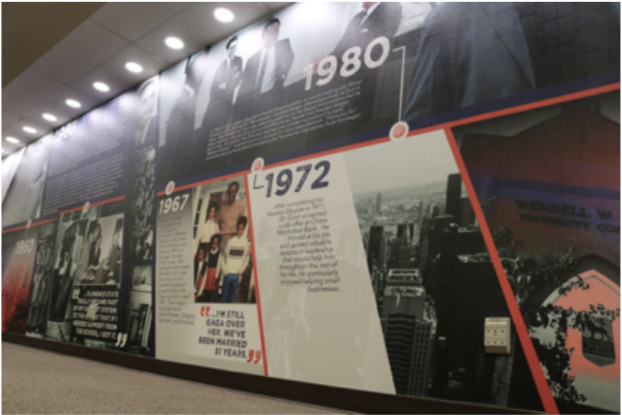
For the past several years, Dr. Brian Dempsey and Dr. Ansley Quiros have co-directed the Civil Rights Struggle in the Shoals Project, a National Park Service Grant awarded to highlight local freedom movements in the Shoals, 1945-1975. As part of the grant, Dr. Dempsey, Dr. Quiros, as well as student research assistants, have engaged in archival research, conducted oral histories, and worked to create a website to be used by educators in the Shoals to create lessons.
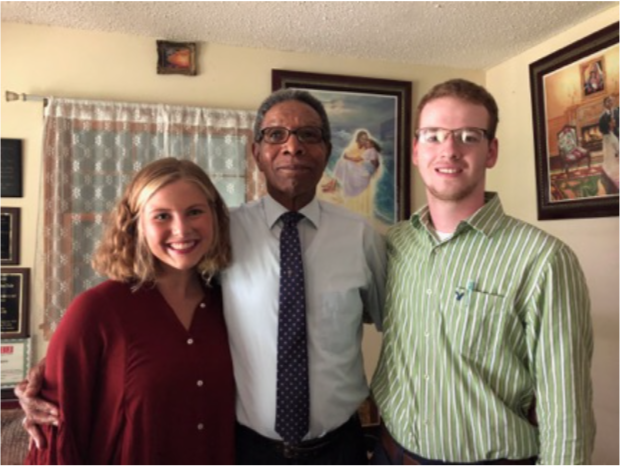
Dr. Julia Bernier’s book, Freedom's Currency: Self-Purchase in the Antebellum United States, is a comprehensive study of self-purchase in the antebellum United States and centers the importance of this path to freedom for African American communities. It is under contract with Yale University Press.
Dr. Brian Dempsey has recently published “Muscle Shoals to Tupelo,” in Peloton Magazine, a piece in which he examines cycling, music, memory, and history—what makes the South so complex and so significant.
Ansley Quiros’ book on racial justice and theology, God With Us: Lived Theology and the Freedom Struggle (University of North Carolina Press, 2018) was recently awarded the Georgia Historical Records and Archives Research Award. She is currently working on several research projects pertaining to black history. One is a spiritual biography of Charles and Shirley Sherrod, civil rights activists in Southwest Georgia. The other is an examination of the racial politics of Freaknik, a black college street party in Atlanta in the mid-1990s. She has presented this research at the University of North Alabama and the Southern Historical Association Annual meeting.